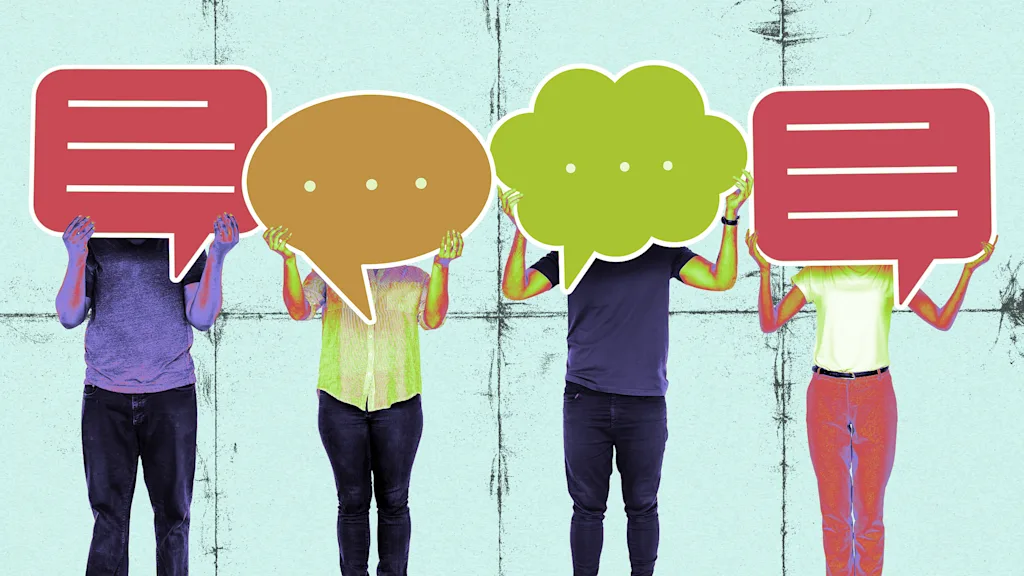
"You've heard plenty of solutions for stress. From meditation and nature walks to cold therapy and yoga, the list is long. But a less well-known strategy can deliver some powerful results: storytelling. In fact, there is evidence that storytelling is good for your mental health and well-being for multiple reasons. Thinking about the best ways to reduce stress has become increasingly relevant. According to Gallup, 49% of Americans report they frequently experience stress."
"One of the biggest reasons that storytelling has a positive effect is because it can build relationships. Storytelling helps us find common experiences and bond. According to research, this was true from the first hunter-gatherer tribes in which storytelling helped to clarify the norms and expectations of the group and reinforce cooperation. In addition, storytellers tended to be popular. They were the people others choose to be with most."
Stress affects a large portion of the population, with nearly half of Americans frequently experiencing stress and many expecting increased stress. Storytelling fosters mental health by building relationships, helping people find common experiences, and reinforcing cooperation, as seen historically in hunter-gatherer groups. Personal storytelling and life-story writing reduced depression among older adults, with both developing narratives and the act of sharing time together improving well-being. Practical use of storytelling includes asking questions that invite narratives—such as what surprised someone recently or what made them laugh—and listening closely while also sharing one’s own stories to deepen connection.
Read at Fast Company
Unable to calculate read time
Collection
[
|
...
]